It's easy to idealize childhood. Sometimes we forget just how much young kids have to grapple with. Death, for instance. Even kids who have not been personally touched by death are trying to understand mortality.
Think about it. A young child, about age 3-5, must wrestle with startling new information. That's about the age kids learn about death. That they will die. That mom and dad will die. That all living things will someday die.
I still remember when I learned that I was mortal. I was around age 4. I knew about people dying in story books, but it was amazing and puzzling to realize that I, too, would someday cease to exist.
This is powerful stuff, and when young children encounter powerful ideas, they need to explore them through play. "We going to die and fall in the deep blue sea and turn into little crumbs of people," a child might say. Some children play games of funeral. Some ask lots of "morbid" questions. Others incorporate frequent pretend death into their dramatic play. "You're dead. You killed me. New guy." They lie still and try not to breathe. Play is the way young children process the immense fact that they will die someday.
Beginning to understand the concept of death is a major task of the preschool years.
Next time you witness kids playing dead in a game, look beyond the idea of war games. Games of life and death are vital for children to explore. It's child's play, but it's a whole lot more.
Do you talk with children openly about death? How have your children expressed their interest in death? What play involving death bothers you?

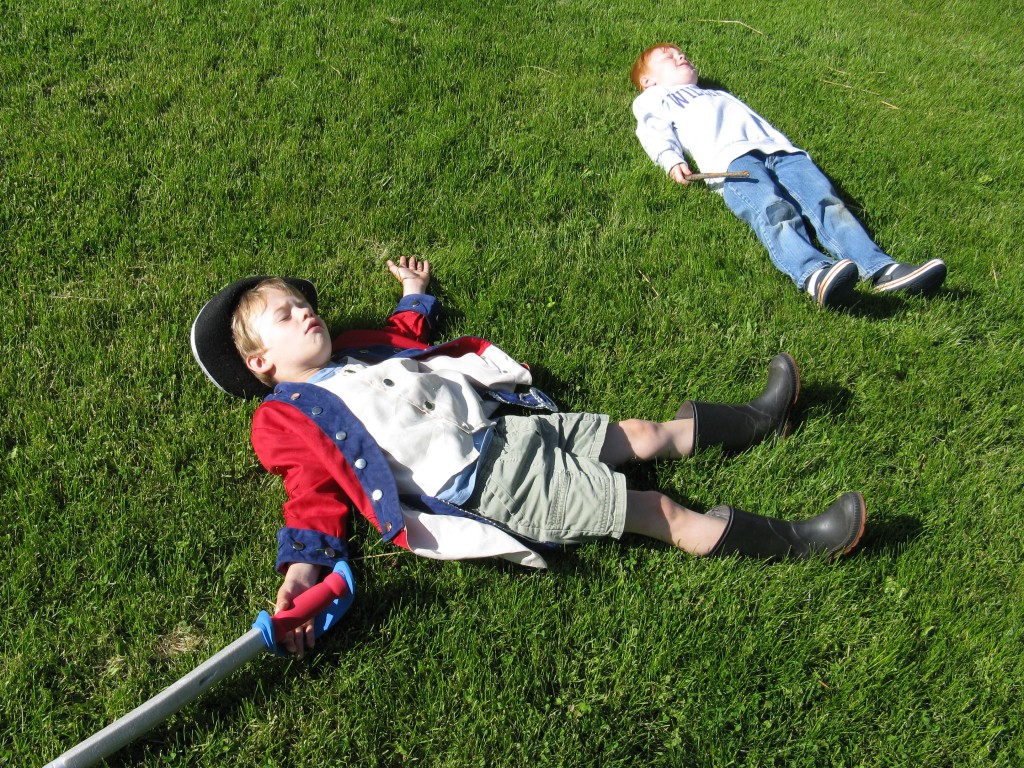
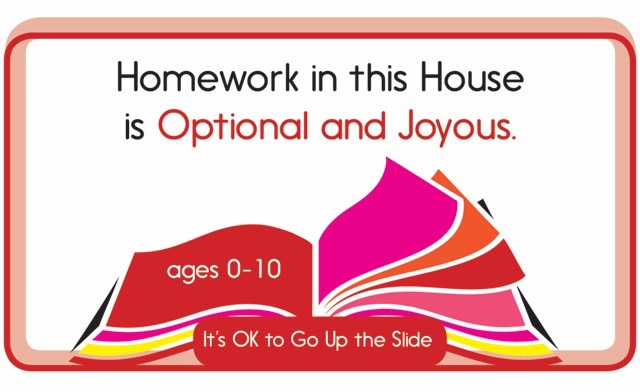
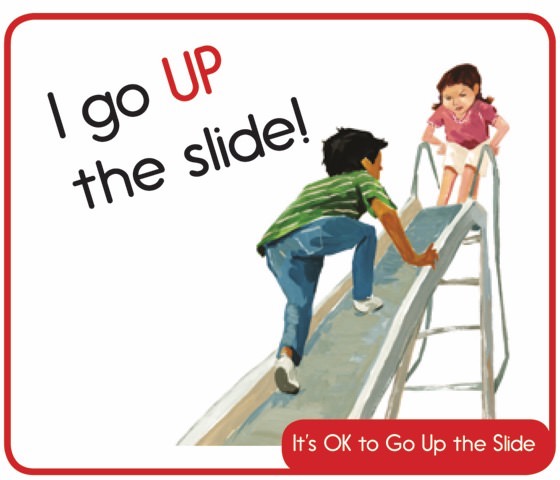
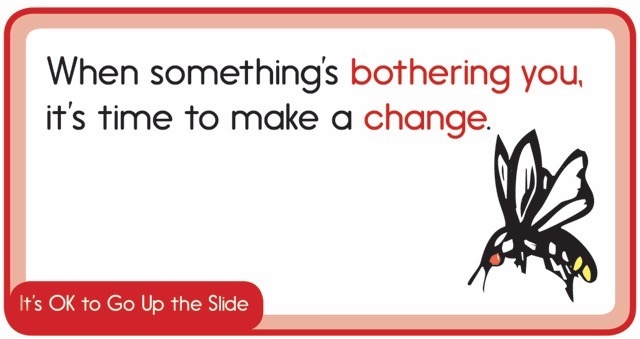
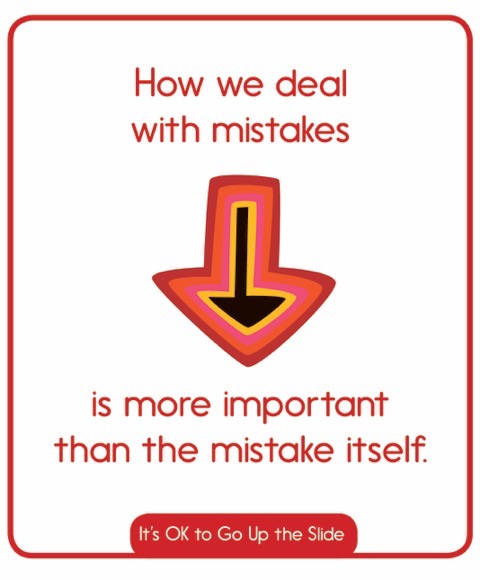
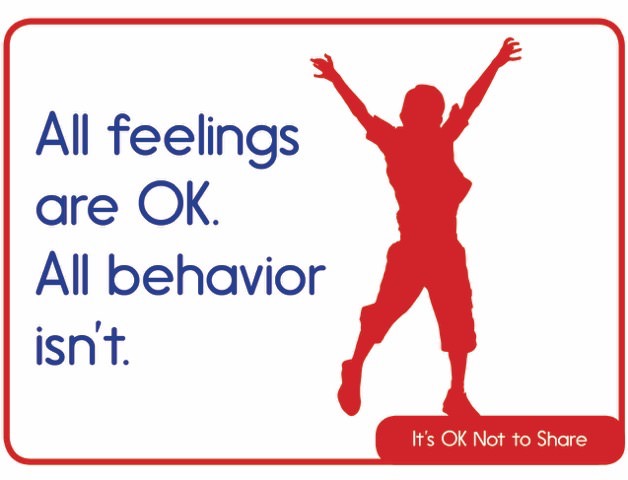
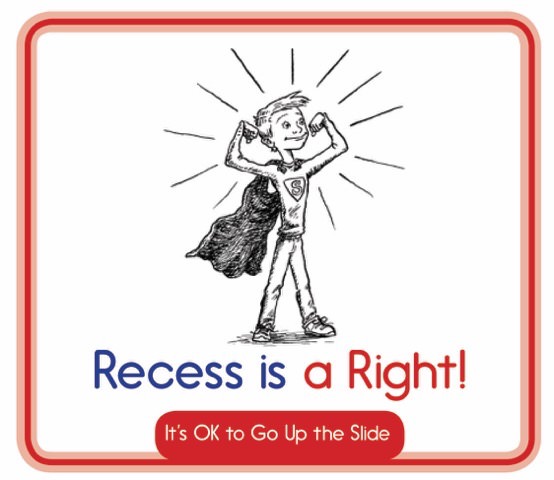
I had to talk openly about death with my child at an early age. My mother died of cancer many years ago before he was born. He started to ask questions about her and I was very honest with him. I simply said, she was sick and the doctors couldn't make her better and that she was in heaven now. Interestingly, a year later a friend of mine delivered prematurely and the baby lived about a month and then died. My son knew she had been pregnant. We didn't see them a whole lot and I kept my fingers crossed he wouldn't ask about the baby. Well, as luck would have it he did. Again, I told him the baby was very sick and the doctors couldn't make him better. My sweet little boy said(he was 4 years old), "I think the baby is in heaven and your mom is taking care of him."
Oh, that's a sweet story. Thanks for sharing, Deidra. Glad you have been open to talking about death with your child. He will gain so much comfort and wisdom from your approach.
As my babe is only 17 months, I don't have experience with this yet. But since we live with a house full of animals (some old) and keep chickens, I know that she will encounter death with some of them while she is at a young age. I believe in telling the truth and not sugar coating things. Some people use phrases like "going over the rainbow bridge", etc, and I think that is confusing. Death is a fact of life, so I think being open about it is important, even with a young child.
I haven't heard the "rainbow bridge" one! Sounds as if your child will have lots of personal encounters with animal death. That can be so helpful. Glad you are approaching the topic as a simple part of the life cycle. I predict you'll have many meaningful conversations ahead! Thanks for writing.
Heather, Our now-adult son learned about death through the loss of pets, making the transition to the death of human beings that we knew a little easier to understand and cope with.
Yes, pets do help kids learn about loss, death and grief, don't they? I believe you're right - it makes the transition to losing humans more understandable.
[...] Heather Shumaker’s excellent article addresses tough themes in play: “Playing Dead” [...]
So my 2 year old does this or plays dead a lot. I’m not seeing anyone else with the same age but honestly she started playing dead at age one. I’m not finding anything saying that’s normal😂